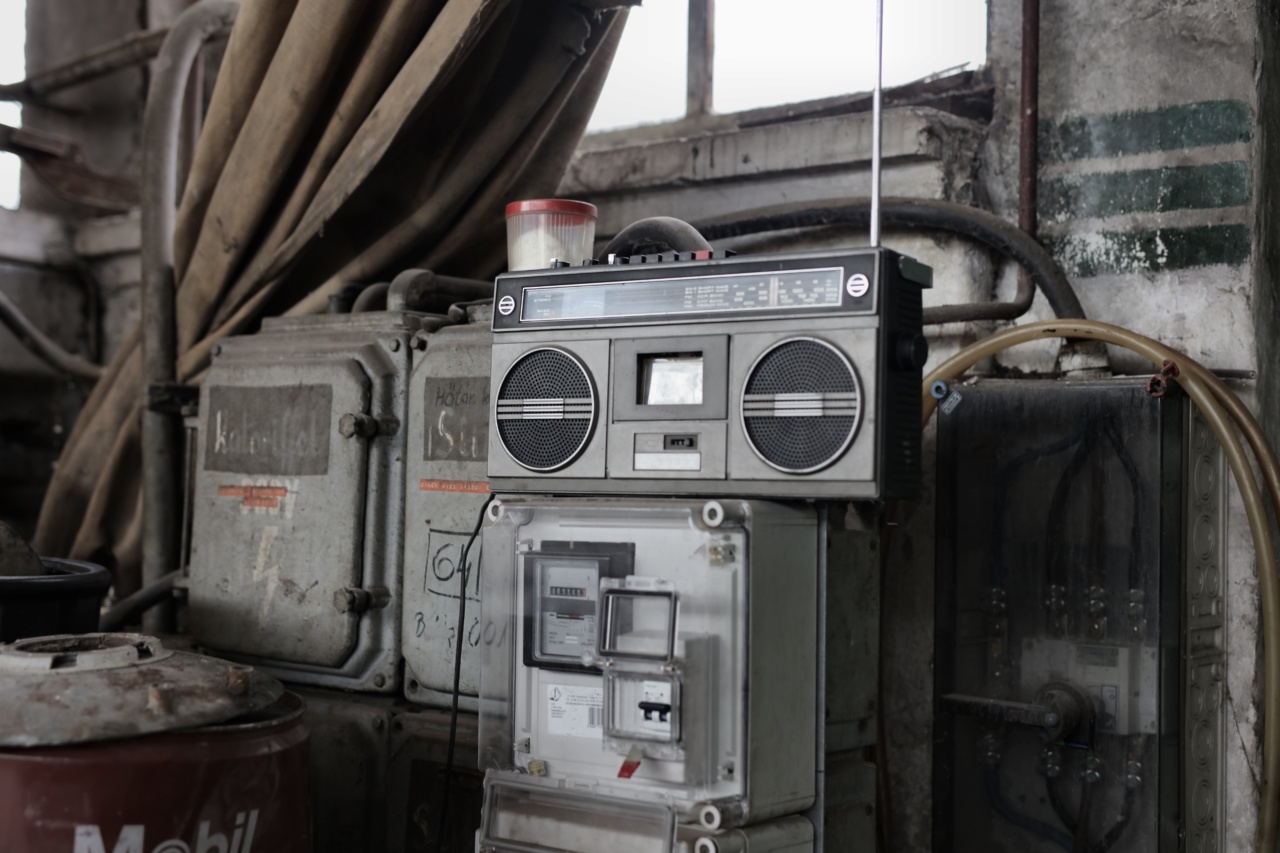When it comes to protecting your contract, one of the most important aspects is safeguarding your electrical system. Electrical damage can have significant consequences, ranging from costly repairs to safety hazards.
By implementing proper care and maintenance strategies, you can mitigate electrical damage and extend the longevity of your contract. In this article, we will explore the key steps you can take to protect your electrical system and ensure the integrity of your contract.
1. Regular Inspections
Regular inspections are essential for identifying potential electrical issues and addressing them before they escalate into major problems. Hire a licensed electrician to conduct thorough inspections on a periodic basis.
They will assess the overall condition of your electrical system, identify any potential weaknesses, and recommend necessary repairs or upgrades.
2. Upgrading Outdated Wiring
Outdated or faulty wiring is a common cause of electrical damage. If your contract’s electrical system relies on old wiring, consider upgrading it to newer, safer alternatives.
Outdated wiring may not be equipped to handle modern electrical demands, posing a significant risk of overheating, short circuits, or even electrical fires. Consult with a professional electrician to determine if your wiring requires an update.
3. Surge Protection
Surge protectors are an essential component of protection against electrical damage. They safeguard your contract’s electrical devices from power surges caused by lightning strikes, power outages, or other electrical disturbances.
Install surge protectors at key entry points for electrical devices, such as power outlets and breaker panels.
4. Ground Fault Circuit Interrupters
Ground fault circuit interrupters (GFCIs) are an effective means of preventing electrical shocks and potential damage. These devices detect imbalances in electrical currents and immediately shut off the power to prevent electrocution or fires.
Install GFCIs in areas where water and electricity are in close proximity, such as kitchens, bathrooms, and outdoor spaces.
5. Regular Maintenance
Regular maintenance is crucial for the longevity of your electrical system and the protection of your contract.
Create a maintenance schedule to ensure that your electrical components, such as switches, outlets, and circuit breakers, are kept in optimal condition. Clean and inspect these components regularly, and address any signs of wear, damage, or overheating promptly.
6. Proper Load Distribution
Overloading your electrical system can lead to significant damage. Distribute the electrical load evenly across circuits to prevent overloading. Avoid using multiple high-power appliances on the same circuit simultaneously.
If you frequently experience circuit overloads, consider hiring an electrician to assess your system’s capacity and make necessary adjustments.
7. Avoid DIY Electrical Work
While DIY projects can be rewarding, electrical work is best left to professionals. Attempting electrical repairs or installations without proper knowledge and experience can result in serious damage and even pose a risk to your personal safety.
Always hire a qualified electrician for any electrical work needed in your contract.
8. Weatherproofing
Protecting your electrical system from the elements is essential for preventing damage. Use weatherproof outlet covers, light fixtures, and junction boxes in outdoor areas.
Seal any gaps or openings that may allow water or moisture to enter and damage your electrical components. Regularly inspect these weatherproofing measures to ensure their effectiveness.
9. Educate Residents and Tenants
Proper education about electrical safety and responsible usage can go a long way in mitigating electrical damage.
Provide residents or tenants with guidelines on electrical safety, such as avoiding the use of extension cords as permanent solutions, unplugging unused devices, and being cautious around water sources. Encourage reporting of any unusual electrical behavior or concerns to address them promptly.
10. Immediate Response to Issues
If you notice any signs of electrical damage, such as flickering lights, burning smells, or frequently tripping circuit breakers, address them immediately. Ignoring these warning signs can lead to further damage or safety hazards.
Contact a licensed electrician to diagnose and resolve the issue promptly.
Conclusion
Protecting your contract from electrical damage requires proactive measures and regular maintenance.
By implementing the strategies mentioned above, you can mitigate potential electrical issues, extend the life of your electrical system, and safeguard the integrity of your contract. Remember to consult with a professional electrician for any major repairs or upgrades, and prioritize electrical safety to ensure a favorable contractual experience.




























